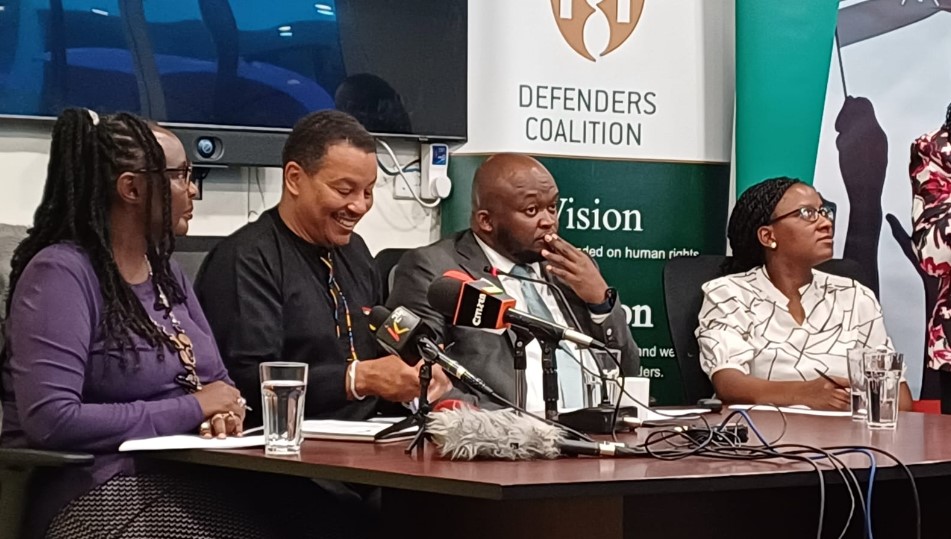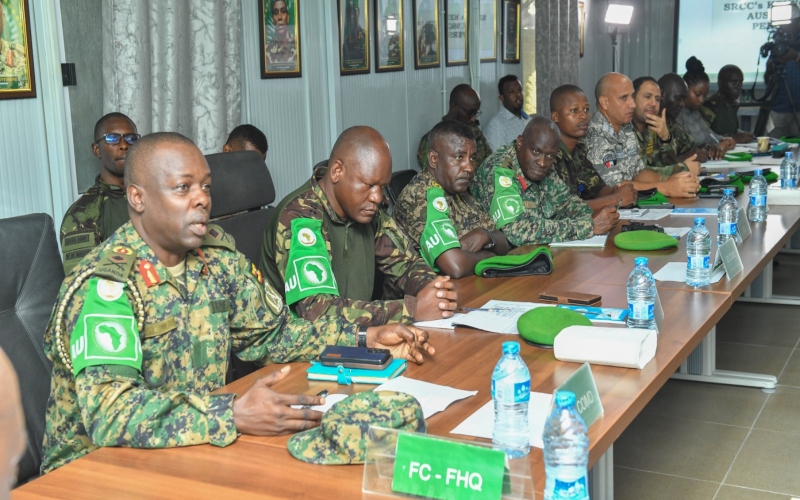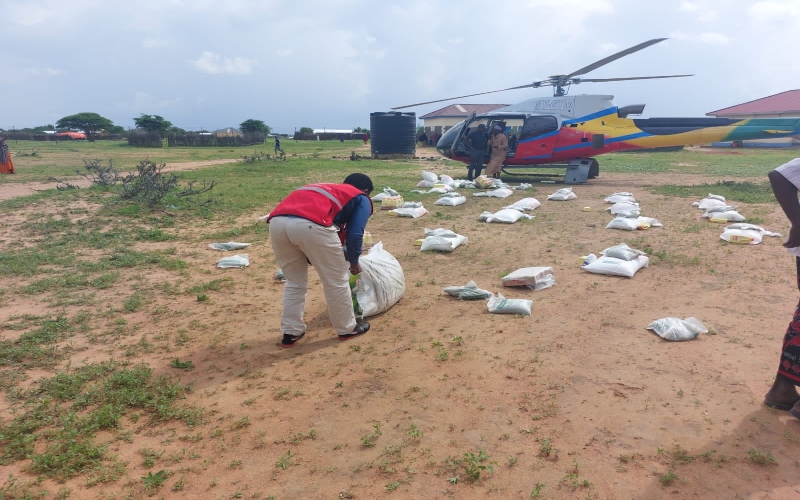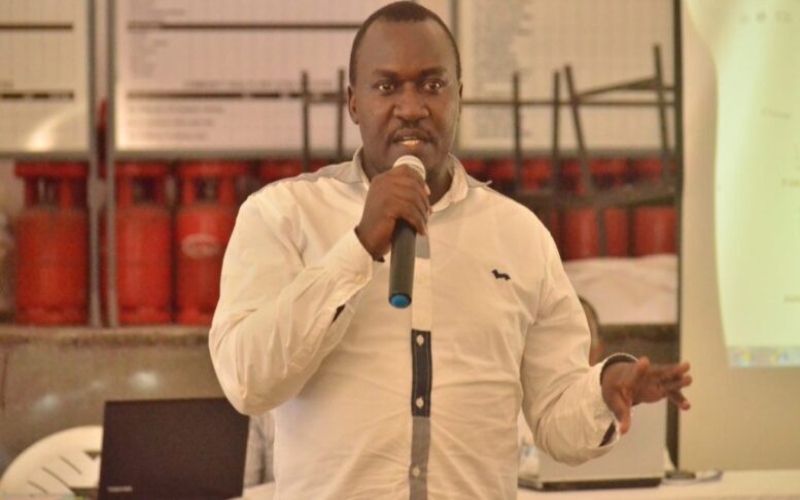Rights groups want state to release 27 victims of enforced disappearance

On Friday last week, activists Bob Njagi and brothers Aslam Longton and Jamil Longton were freed after being abducted a month earlier.
Six human, medical and legal rights organisations have called on the government to release persons being held incommunicado following this year's anti-government protests.
The six are Amnesty International Kenya, the Independent Medico-Legal Unit (IMLU), Article 19, Law Society of Kenya, Defenders Coalition and Medics for Kenya.
More To Read
- Coast civil society groups accuse government of starving police watchdogs of funds
- Millions in Africa denied services as biometric IDs lock out vulnerable citizens
- Kenya, Somalia named top offenders as journalist arrests surge across Africa
- UN Rights Chief raises alarm over abductions, enforced disappearances in Uganda ahead of elections
- Tanzania dispatches envoy to Brussels to avert Sh23.3 billion EU aid freeze
- European Parliament moves to block Sh23.44 billion aid to Tanzania after post-election violence
According to IMLU, the anti-Finance Bill protests resulted in 67 cases of enforced disappearances, 40 of which have since been resolved but 27 persons are still missing.
"We are calling for the immediate release of these 27 from wherever they are being held. This is a good opportunity for the new Inspector General of Police to put in motion respect for human rights, to respect, uphold and safeguard the Constitution of Kenya and specifically Article 37. We have seen the right to picketing, the right to assembly, and the right to voice being curtailed and we have seen people disappear because of that. So, our collective voice is that this would be a good opportunity for the new IG to ensure that policing in Kenya meets the standards that are required," IMLU Executive Director Grace Wangechi said on Wednesday.
She was speaking during the launch of a report on the events that transpired on June 25 when the protests reached fever pitch as protesters breached parliament.
On Friday last week, activists Bob Njagi and brothers Aslam Longton and Jamil Longton were freed after being abducted a month earlier in Kitengela, Kajiado County.
Their families have since revealed shocking details of the predicament they went through during their confinement, raising questions about whether the country had fallen back to the dark ages of political torture on persons seen to have dissenting opinions to decisions made by the government.
"People who have been abducted have been held for 30 days or more against our laws. They have been held incommunicado, with no access to medical treatment, or their families. They have not been presented to a court of law as is required under our laws and they were in the presence of others. We hope the Kitengela three will be a tipping point in terms of the practice of abducting and disappearing Kenyan citizens for merely expressing themselves and their right to protest and public assembly," said Irũngũ Houghton, the executive director of Amnesty International Kenya.
Irũngũ expressed concern about the holding facilities and the detention that unfortunate Kenyans have had to experience, calling for accountability on the part of those behind the actions.
"We have to hold accountable the institutions, the units that are operating with no regard to our laws, rights and freedoms. We make a call to the government today to release all persons held within their custody or present them to a court of law as required, immediately, to avoid further deterioration of public confidence and the unlawfulness that we have seen in the case of the Kitengela three," he said.
The report showed that several law enforcement officers who responded to the protests disguised themselves in plain clothes, were armed and moved in unmarked vehicles against international human rights standards which require police to be uniformed and have identifying markers, including name tags or service numbers.
The report probed three cases of abductions, which may amount to enforced disappearances.
One involved a male human rights defender, who confessed to having lost consciousness after accessing parliament.
"He regained consciousness in a dark room guarded by two men. Kuria told researchers that the men interrogated him about how the protests were funded or facilitated before they drove him blindfolded and dumped him by the roadside in Nairobi. Kuria was held for over 24 hours," the report shows.
Two other youth leaders testified that unidentified men snatched them off the street and forced them into vehicles while they were protesting before parliament was breached. They were released over a day later.
"Police actions violated Article 49 of the Constitution, which protects the rights of arrested persons," adds the report.
Top Stories Today












































